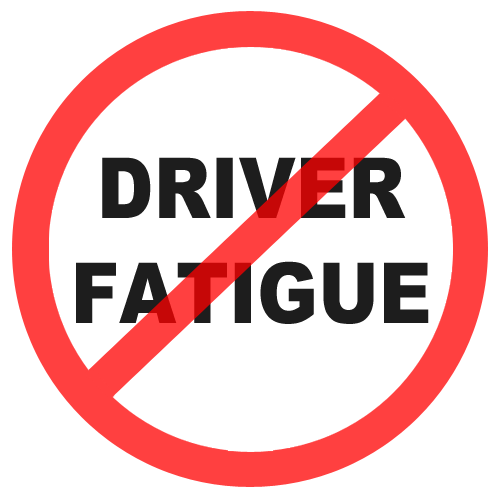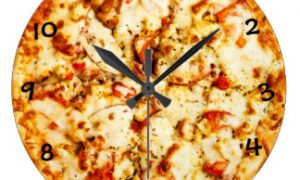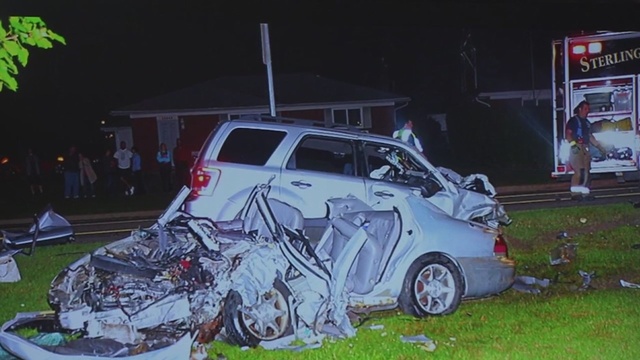Drivers who have had too little sleep are no different than those who have had three or four drinks and are too drunk to drive and later find themselves in a position where they need to acquire Cornerstone DUI Services to clear their DUI and get their license back.
Those are the findings of an AAA Foundation for Traffic Safety report released Tuesday that draws on original research and past studies to create a troubling picture of the risk caused by a go-go world where many people don’t get enough rest.
About 35 percent of people get fewer than the needed seven hours of sleep, and 12 percent say they sleep for five hours or less, according to the Centers for Disease Control and Prevention.
Earlier research by AAA Foundation showed that 21 percent of fatal crashes involved a sleep-deprived driver. The group’s new work uses data from the National Motor Vehicle Crash Causation Survey to delve into how much driving ability decreases based on varying lack of sleep.
[Falling asleep causes 1 in 5 auto crashes]
Not surprisingly, the less sleep, the higher the risk of a crash.
“You cannot miss sleep and still expect to be able to safely function behind the wheel,” said David Yang, executive director for the foundation. “Our new research shows that a driver who has slept for less than five hours has a crash risk comparable to someone driving drunk.”
People who pride themselves on their ability to function on less sleep than the recommended seven-plus hours will contend otherwise, but the foundation used a sample of 4,571 crashes in which police determined a cause to conclude that those non-sleepers are wrong.
The report says those who slept for less than 4 of the past 24 hours had an 11.5 percent higher risk of getting in a crash. Drivers who slept 4-5 hours had a 4.3 percent higher risk; 5-7 hours had a 1.9 percent higher risk; and 6-7 hours had a 1.3 percent higher risk.
And it adds this caveat:
“The study may underestimate the risk of driving while sleep-deprived, because data on crashes that occurred between midnight and 6 a.m. were not available, and other studies have shown that the effects of sleep deprivation . . . are greatest during the early morning hours.”
The report said that driving with 4-5 hours of sleep was comparable to driving with a blood alcohol content at or above the legal limit, and that the risk of driving with less than four hours was “much greater.”
“The crash risk associated with having slept less than 4 hours of sleep is comparable to the crash risk associated with a [blood alcohol content] of roughly .12- .15.” said Tom Calcagni, of AAA’s Mid-Atlantic office. The legal limit for driving is .08.
The report also looked at whether a change in sleep schedule may have caused sleep loss and contributed to a crash. Long-haul truckers, nurses and police officers are among those who commonly have fractured schedules. It found that there appeared to be a causal relationship in more than 6 percent of crashes.
A survey by AAA determined that while 97 percent of drivers thought it was unacceptable and a threat to safety to drive while drowsy, about a third of them admitted that in the past month they had driven “when they were so tired they had a hard time keeping their eyes open.”
The National Highway Traffic Safety Administration said that 35,092 people were killed on the road last year, up 7.2 percent from 32,675 in 2014.
After a five-year decline in deaths, 2015 marked a sharp turn around with deaths increasing across nearly every segment of the population. The last single-year jump of similar magnitude was in 1966, when deaths rose 8.1 percent from 1965.
Source: Washington Post
















































































































































































































































![[Video] Chicago Police Officers Caught On Video Telling Two Black Men "We Kill Mother F**kers"](https://earhustle411.com/wp-content/uploads/2018/07/evil-cop-3-300x180.jpg)
![[Video] Chicago Police Officers Caught On Video Telling Two Black Men "We Kill Mother F**kers"](https://earhustle411.com/wp-content/uploads/2018/07/evil-cop-3-80x80.jpg)












![[Video] White Woman Calls The Cops On Black Real Estate Investor, Cops Threaten To Arrest Her For Harassing Him](https://earhustle411.com/wp-content/uploads/2018/05/nosy-neighbor-300x180.png)
![[Video] White Woman Calls The Cops On Black Real Estate Investor, Cops Threaten To Arrest Her For Harassing Him](https://earhustle411.com/wp-content/uploads/2018/05/nosy-neighbor-80x80.png)


![White Scientist Says The Black Community Is Being Targeted By The Medical System, They Are Deliberatly Being Poisoned [Video]](https://earhustle411.com/wp-content/uploads/2016/05/mike-adams-300x180.jpg)
![White Scientist Says The Black Community Is Being Targeted By The Medical System, They Are Deliberatly Being Poisoned [Video]](https://earhustle411.com/wp-content/uploads/2016/05/mike-adams-80x80.jpg)








![Teenage Girl Shot In Her Stomach Three Times But Took Time To Post To Facebook [ Video]](https://earhustle411.com/wp-content/uploads/2016/02/Gangster-chick-300x180.jpg)
![Teenage Girl Shot In Her Stomach Three Times But Took Time To Post To Facebook [ Video]](https://earhustle411.com/wp-content/uploads/2016/02/Gangster-chick-80x80.jpg)







